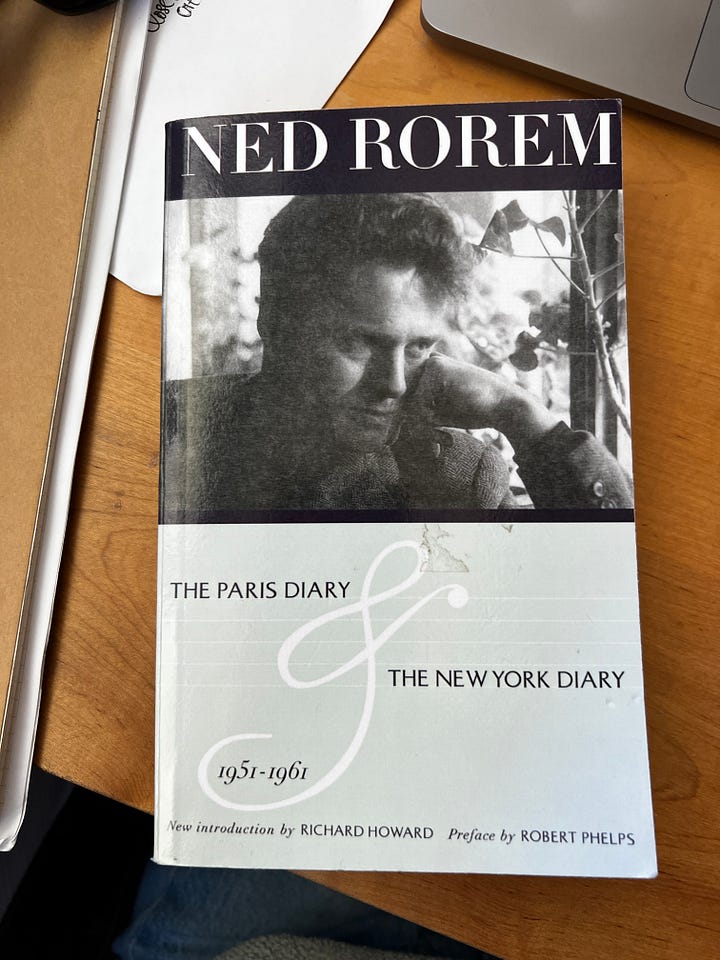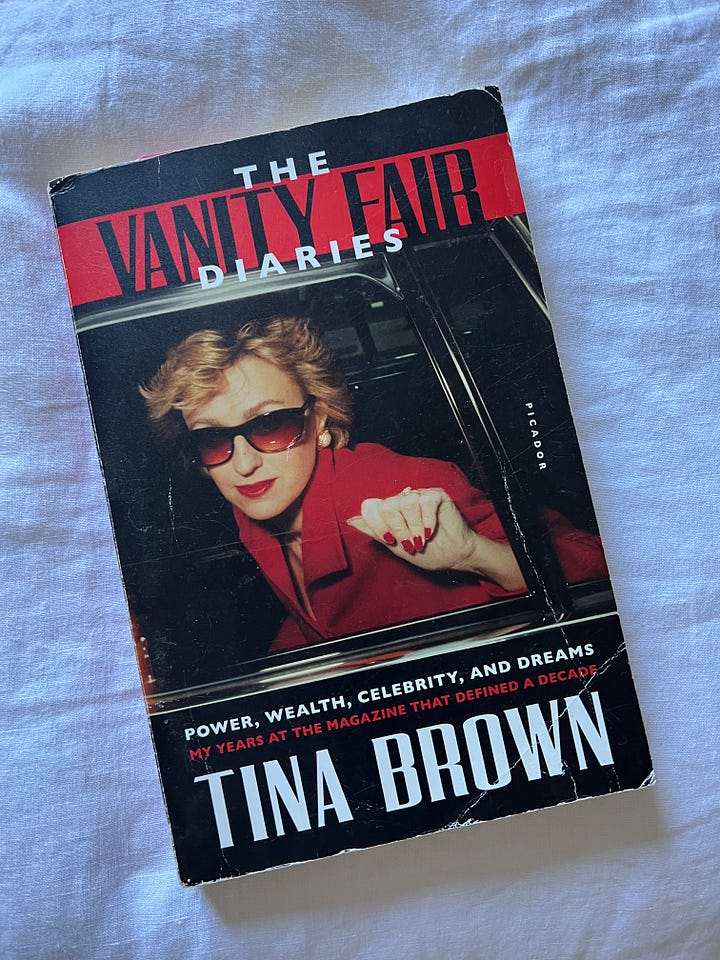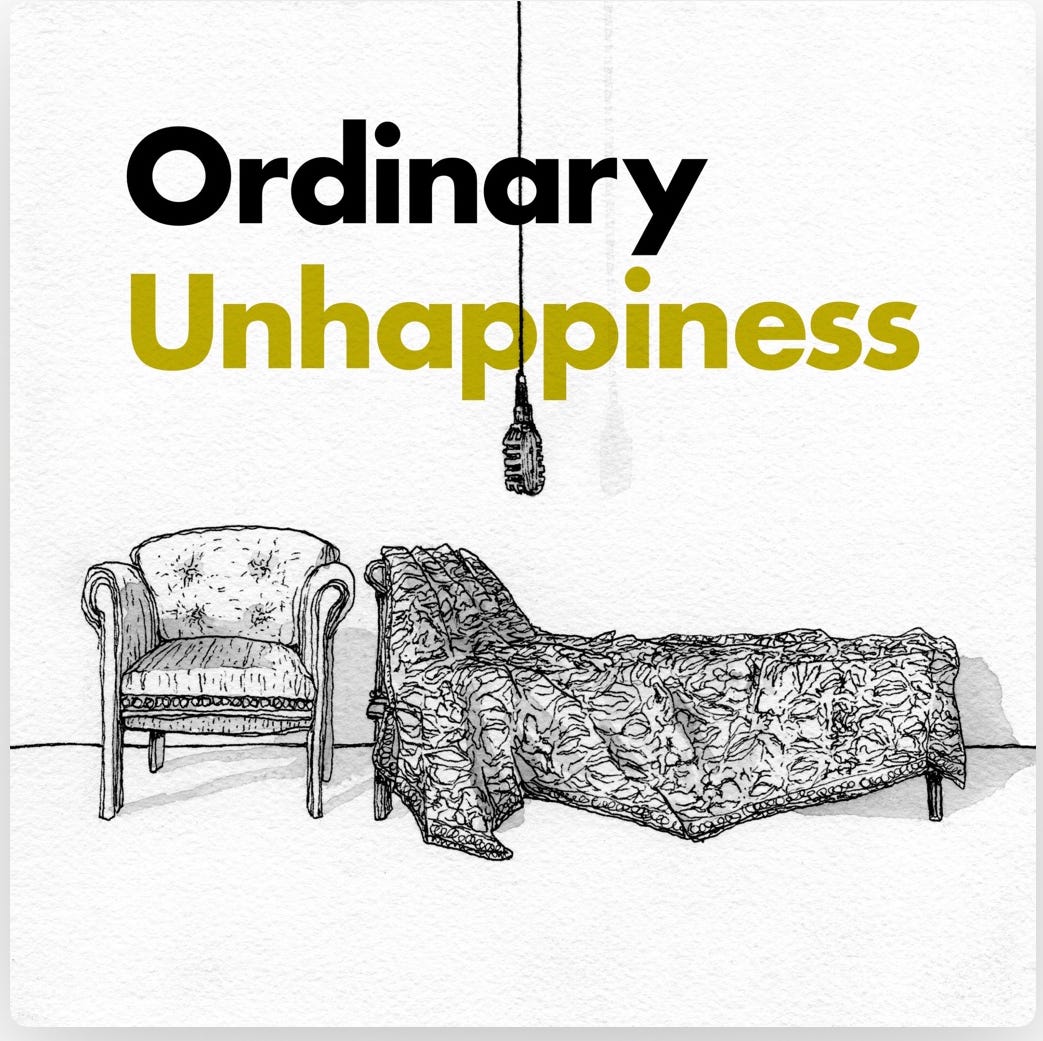October Recommendations
Some - but not too many - recommendations.
Ordinary Unhappiness
When I fell for Freud in my junior year of high school he was already unfashionable. I was reading Camus’s The Stranger for the first time, and my English teacher directed me towards the ego, id, and superego. The idea that there were distinct parts of my psyche that didn’t necessarily agree with each other really appealed to my adolescent mind. I moved on quickly to The Interpretation of Dreams. And while I nursed a fetish for him through college, graduate school, and beyond, he remained outdated, if not outright disdained.
Imagine my delight when I saw an episode on my beloved Know Your Enemy podcast entitled “Freud and Politics.” I had no idea what to expect, how those two ideas would align. Their episode guest was Patrick Blanchfield, a writer and professor with training in clinical psychoanalysis, and I was blown away by his take on how Freud informs the current moment. I googled, “Freud Seminars with Patrick Blanchfield.” Nothing came up.
Now imagine my elation when I learned that Blanchfield and his wife Abby Kluchin (a professor of philosophy and religious studies) started their own podcast about psychoanalysis. The phrase “Ordinary Unhappiness” is what Freud felt he could promise his patients through his treatment. Not transcendence, but a chance for regular, everyday, ordinary unhappiness. May we all be so lucky.
My prayers for a Freud seminar have been answered. There are episodes that are deep dives on basics (“Transference” is a favorite), and there are Patreon episodes that walk step-by-step through The Standard Edition of the Complete Psychological Works of Sigmund Freud. Listening to Kluchin and Blanchfield converse and lecture turns me into a puppyish, over-eager student. For those who find philosophy a bit dry, or are not into psychoanalysis per se, there are pop culture episodes: Oedipus and Succession, Barbie, a “read” of David Cronenberg’s A Dangerous Method, which includes the real-life story of Sabina Spielrein as a groundbreaking psychoanalyst and wild genius. It’s a step up from being the Kiera Knightly love interest in the film.
Recently they put out a jaw-droppingly great episode on drugs and the death drive, with guest Benjamin Fong talking about his book, Quick Fixes: Drugs in America from Prohibition to the 21st Century Binge. The talk is excessively insightful, ranging through American Exceptionalism, the fantasies contained within different drugs (see the amphetamine dream: thinner, peppier, smarter), and how our obsession with prohibition goes hand in hand with numbing ourselves and escaping our egos. If this episode were a book, I would have underlines on every page (and I did in fact order Quick Fixes – I will report back).
If you need more convincing, here’s The New Yorker write up on Ordinary Unhappiness.
Empire
It was nine pm on a school night. I was about to sweep and Swiffer my kitchen floor, but I had run out of podcasts. I googled, “great story, not scary, no murder, gripping, gossipy podcast.” I was thinking of HeidiWorld, a podcast by Molly Lambert about the rise and fall of Heidi Fleiss. It is, in my opinion, perfect, and the benchmark by which I judge all podcasts.
There, on a list, was Empire. Until then I hadn’t been interested in straightforward history podcasts. But I saw that their first season was about the British in India, as told by two engaging, utterly charming historians, and it clicked. I had just finished this absolutely harrowing essay by Ratik Asokan on the conditions of India’s sanitation workers (unsurprisingly, it’s really about caste) which I could not stop reading. I’ve also been thinking about India by way of Sri Lanka since reading Michael Ondaatje’s memoir, Running in the Family. And I’m always thinking about Susanna Moore’s historical novel of the British in India, One Last Look. It’s fashioned as the diary of a British aristocrat who travels with her brother to Calcutta in 1836. The diary is an onslaught of smells, flora and fauna, fevers, fabrics, and weather, mostly heat and rain. It left a taste in my mouth.
I started with Empire’s “The East India Company” episode and I knew my floor would get cleaned. I had known next to nothing about the 17th century Mughal Empire, which dominated manufacturing and was the largest economic power in the world. Nothing about the cursed Koh-i-Noor diamond, or how the East India Company, a private corporation with about thirty full-time employees, throttled an entire nation. It is just as horrifying as you would imagine, but it is one hundred percent crazier. You can’t make it up.
Barbie
For reasons mostly related to having no time, I haven’t seen Barbie yet. However, I do live in the world, so it’s been impossible not to feel the magnitude of Barbie or swim through the sea of opinion it created. It’s cheating to engage in discourse from the periphery, but I’m nonetheless recommending Leslie Jamison’s New Yorker piece. It’s about being a mother and a woman, and most dangerously, a girl with a Barbie. I haven’t stopped thinking about this quote:
Some part of me was already chasing the false gods she spoke for: beauty as a kind of spiritual guarantor, writing blank checks for my destiny; self-effacing ease afforded by wealth and whiteness; selfhood as triumphant brand consistency, the erasure of opacity and self-destructive tendency.
Oof.


Diaries
This novel I’m writing (and will be writing forever, thanks for asking) has me reading diaries. I’m striving for that level of granularity in the first-person voice. I love how petty they are (full of ordinary unhappiness!). And because they tend to be episodic and meandering, the plot doesn’t interfere with my work. I’m steeped in them. Goncourt. Alice James. Christopher Isherwood. Susan Sontag, Annie Ernaux. Tina Brown, of course. Ned Rorem’s were new to me (he was a composer and gifted writer), and I adore them. The Paris Review Daily’s series “Diaries” is my treat during the workday. If I’ve written hard for a solid period and need a break, I get to read one. If you’re diary-curious, it’s a great resource. Maybe start with “I So Love being Old and Not Married” by Helen Garner or Bernadette Mayer’s “Unconditional Death is a Good Title,” in which every entry is nearly a poem:
july 2, memory is running, that’s the only july i remember, i mean that July is the only, are the only things i remember, don’t have time for more, i mean room, red sorrel, popover, joel schumacher, time is a room, you could say time was anything; about MEMORY, stop time is a curtain blowing in the wind, i remember what’s in the pictures but not what’s in the words, the words could be any words, maybe i should’ve memorized memory.
Bathing
I have always been a bath person: one of the few things my mother told me about my infancy is that if I was crying, she put me in the tub. During my teenage years, I walked straight from the dinner table to the bathtub and spent the rest of the evening in there. I used olive oil in the water and thought I was extremely sophisticated. My most cherished Brooklyn apartment had a bathtub in the kitchen, and I used it daily. It’s a hard stance to take in Los Angeles where I have a small existential panic every time my shower goes over five minutes. But when I’m sick or feeling broken - or when the kids are sick or feeling broken - into the tub we go. I mostly leave product recommendations to the experts (the Strategist and my sister) but my sister sold me on Esker’s Magnesium Bath Enhancer. Instead of bags of Epsom salts, I could use a couple pumps of this. It is better than I expected - truly a WOW. Not only does it replace the salts, but the scent is something I have strived for with my essential oils but could never quite get: eucalyptus, lavender, palo santo. If you are a bath person, you’re welcome.
Books mentioned are available at my author bookshelf.



Thanks for these recommendations, as always. I'm currently listening to Tina Brown read her own VF Diaries which is even more delightful than reading the book.